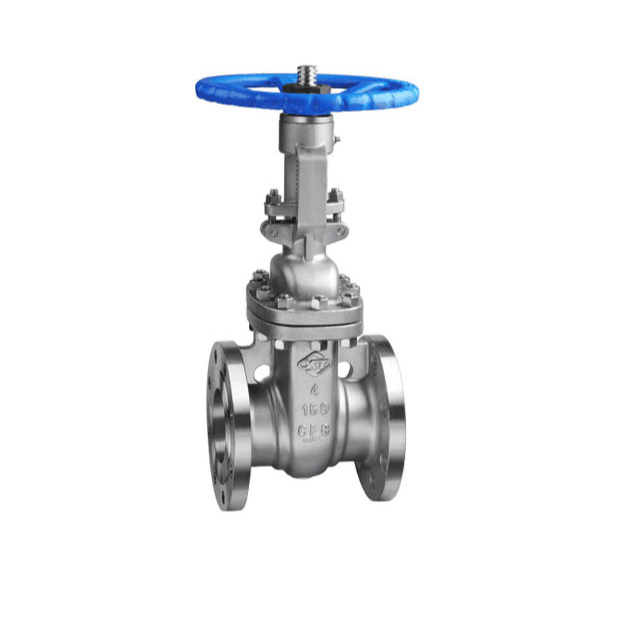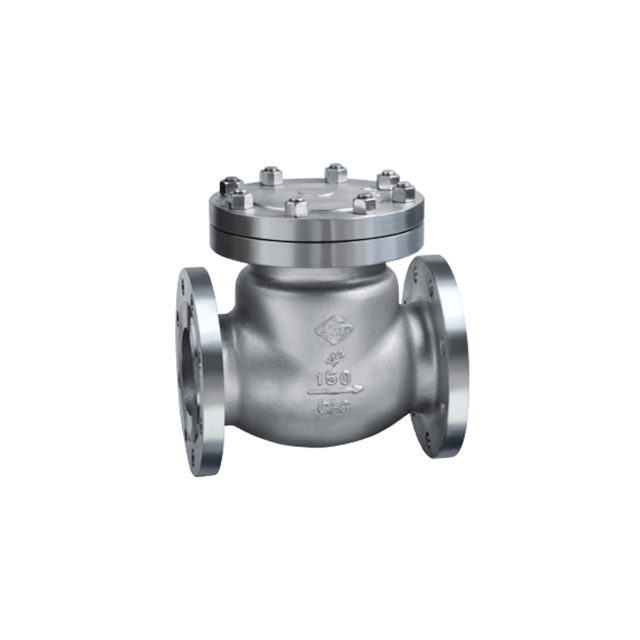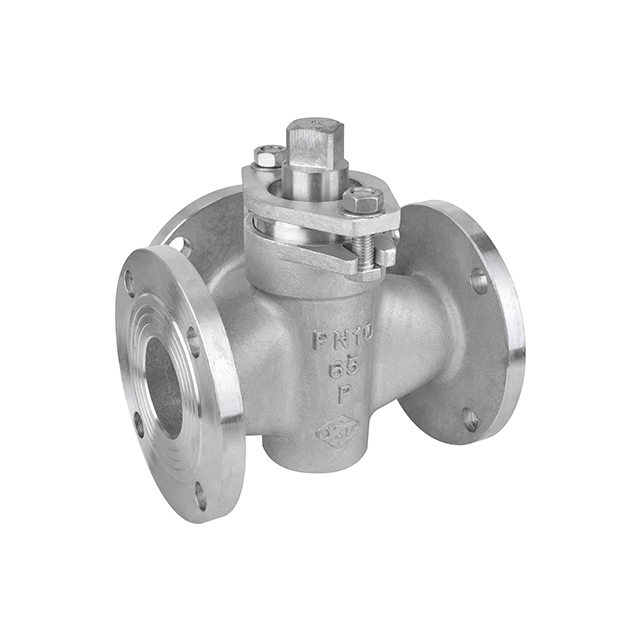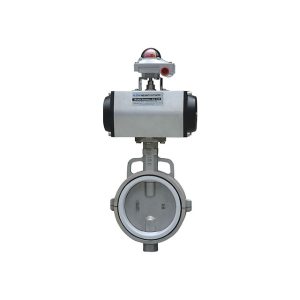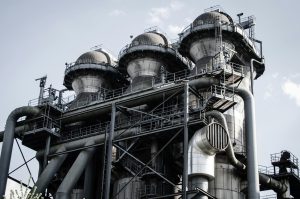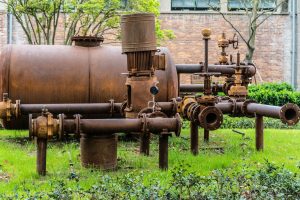Table of Contents
ToggleThe chemical industry utilizes a range of valve types. Each has its own distinctive qualities and must be tailored for specific tasks.
Selecting the proper valve is critical for the safety, quality, and production of a product. You must take into account chemical substance, its lining, and materials when making this choice.
Gate Valve
Gate valves are widely used in the chemical industry for a variety of tasks. Their features and benefits allow them to withstand extreme temperatures, pressures, and other stresses.
They can be operated either manually by hand-wheel or electrically through an actuator. The basic mechanism is straightforward: the hand wheel rotates a stem that moves the gate up or down through threaded holes in its stem.
Some designs employ springs (known as live loading) to apply constant pressure to the seal, thus reducing fugitive emissions.
Gate valves should never be operated other than in their fully opened or closed positions, as partial opening can expose internal components to premature and uneven wear due to flow pressure and flow against the gate.
Check Valve
Check valves are essential tools in the chemical industry for controlling fluid flow. They prevent media from reversing in the system, which could cause backflow, damage equipment, or disrupt processes.
These one-way or non-return valves open and close based on the pressure differential between their inlet and outlet. This differential, known as the ‘cracking pressure’ of a check valve, should be taken into account when matching it to your system.
Xintai offers a comprehensive selection of check valves designed to meet various applications. These come in an extensive range of sizes and materials.
Plug Valve
A plug valve is a type of valve with an internal hollow passageway, creating an opening through which it can connect its inlet and outlet ports. This hole serves as either a flow-diverting or combining device.
These valves are an ideal choice for chemical industries, as they are capable of withstanding corrosives without clogging. Furthermore, they can be employed in low-pressure lines and require minimal upkeep.
Plug valves come in several varieties, such as lubricated, non-lubricated, and expandable. A lubricated valve uses a lubricant between its plug and body to reduce friction and seal ports tightly.
Ball Valves
Ball Valves are a commonly used type of valve in the chemical industry. They offer flow and pressure control as well as shutoff for corrosive fluids, slurries, normal liquids, and gases.
Another advantageous quality of ball valves is their leakproof seal when closed. This property makes them popular among chemical industry professionals due to their superior chemical resistance.
Slurries in many industries contain hard particles that can stick to metallic parts, potentially leading to damage or corrosion of valve seats and flanges over time.
Pressure Relief Valves
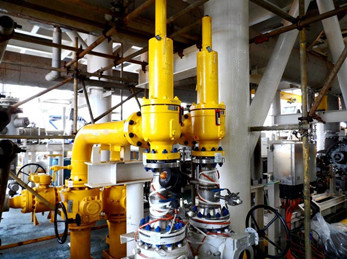
Pressure relief valves are essential in critical fluid systems such as chemical plants and refineries, where proper pressure levels are essential to ensure safe operations.
Direct-Loaded Pressure Relief Valves are spring-loaded discs that open to release liquid when the pressure inside exceeds a preset point. They find application throughout the chemical industry.
Factors that need to be considered when selecting chemical valves
When selecting chemical valves, it is necessary to determine the type, size, material, and other parameters of the valve according to the specific application. The following are some factors that need to be considered:
- Type of fluid: The chemical industry involves a variety of fluid types, including gases, liquids, and semi-solids. Different fluids have different requirements for valve materials, sealing, etc.
- Size of the flow: The size of the flow determines the size and structure of the valve.
- Pressure requirements: Valves used in the chemical industry typically need to withstand high pressures. Therefore, the materials and structure of the valve need to meet the pressure requirements.
- Corrosion resistance of the medium: The media used in the chemical industry often have corrosive properties. Therefore, the material of the valve needs to have good corrosion resistance.
The chemical industry has very strict requirements for valves, so when selecting chemical valves, it is necessary to fully consider the above factors to ensure that the valve can meet the actual application requirements.
Xintai Valve manufactures a broad selection of valves, such as globe valves, check valves, and ball valves. Their sizes and materials vary along with pressure classes for various industrial uses such as fuel handling systems, chemical plants, and power generation plants.

